Home » Posts tagged 'H. Jakubanis'
Tag Archives: H. Jakubanis
Henryk Jakubanis and His Kyiv Years
Henryk Jakubanis (1879-1949), his life and intellectual legacy, have been in recent years the topic of research pursued by Mariam Sargsyan. In one of her papers, titled Henryka Jakubanisa (1879-1949) kijowski okres życia i twórczości historycznofilozoficznej (H. Jakubanis’ Kyiv Period of Life and Work in the History of Philosophy), she presented Jakubanis’ Kyiv years as fundamental and formative period of his intellectual biography. Her study has been published in Polish and can be downloaded here.
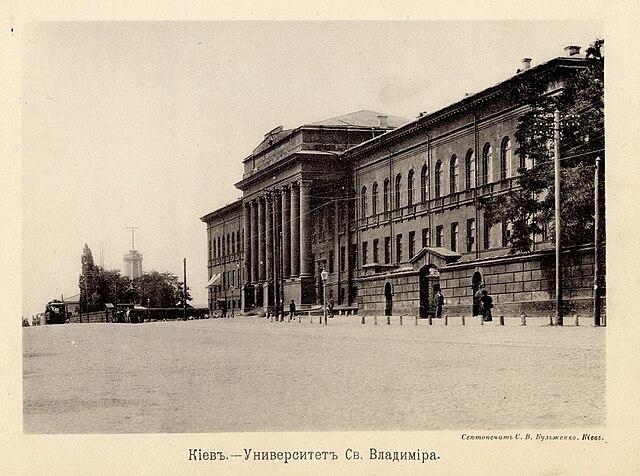
Kyiv period of Jakubanis’ life deserved a separate presentation, because our knowledge of his early career was far from satisfactory, not to mention some inaccurate or even false informations. M. Sargsyan was the first researcher who used Jakubanis’ documents from the University Library of the Catholic University of Lublin to such an extent, what was necessary to complete her task.
To present the life and academic activity of Jakubanis (on the right) in the Kyiv period in full, Sargsyan starts with his childhood and gymnasium education. Moreover, the history and philosophical traditions in the Saint Vladimir Imperial University of Kyiv are briefly sketched with an emphasis on Jakubanis’ study curriculum, the beginnings of his academic career and the personality of his supervisor, professor Alexei Gilarov. He was the professor who exerted the most significant impact on Jakubanis’ early works in the history of Greek philosophy.
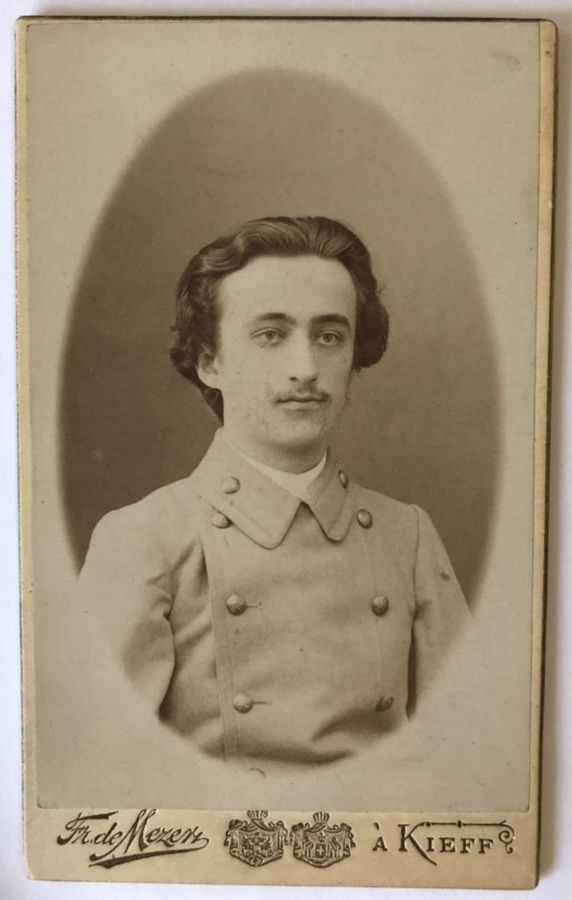
To conclude, it was in Kyiv where Jakubanis’ career as a teacher of classics and a researcher in the history of ancient philosophy started. Some of his achievements from this period are still of significance in the Russian-speaking world, for he is still remembered as the author of a work on Empedocles and one of the pioneers in translating fragments of this ancient thinker into Russian.
A Biographical Sketch on Henryk Jakubanis
Mariam Sargsyan, an AΦR researcher focusing on the legacy of H. Jakubanis, has recently published a paper Henryk Jakubanis (1879–1949) – a Historian of Greek Philosophy Between Kyiv and Lublin, which aims at discussing the entire academic path of this researcher of ancient philosophy, presenting his work in both periods of his life, connected to Kyiv and Lublin. The paper was published in Polish and can be downloaded here.
It is not insignificant to remark that Sargsyan’s paper has been published in an issue devoted to classical philology of “Roczniki Humanistyczne” (“Annals of Arts”, Vol. 72 No. 3, 2024, pp. 79-97), a journal edited at the Catholic University of Lublin (KUL), where Jakubanis used to work for over two decades of his life.
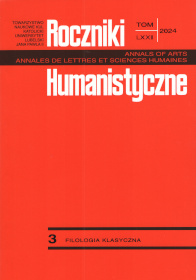
Jakubanis’ life began in the Russian Empire, and Sargsyan presents his family and his initial education it the gymnasium, with a focus on classical languages and humanities. Then the story proceeds to the Kyiv period of his life, including a brief sketch of the history of St Vladimir’s Imperial University of Kyiv and the researchers of the history of philosophy there, with an emphasis on Jakubanis’ academic supervisor, Alexei Gilarov (1856-1938). During his Kyiv period Jakubanis won a scholarship for a study visit in Germany, notably in Berlin, and was active as a university lecturer, teacher at various courses extra muros, and started to develop his academic and research career.
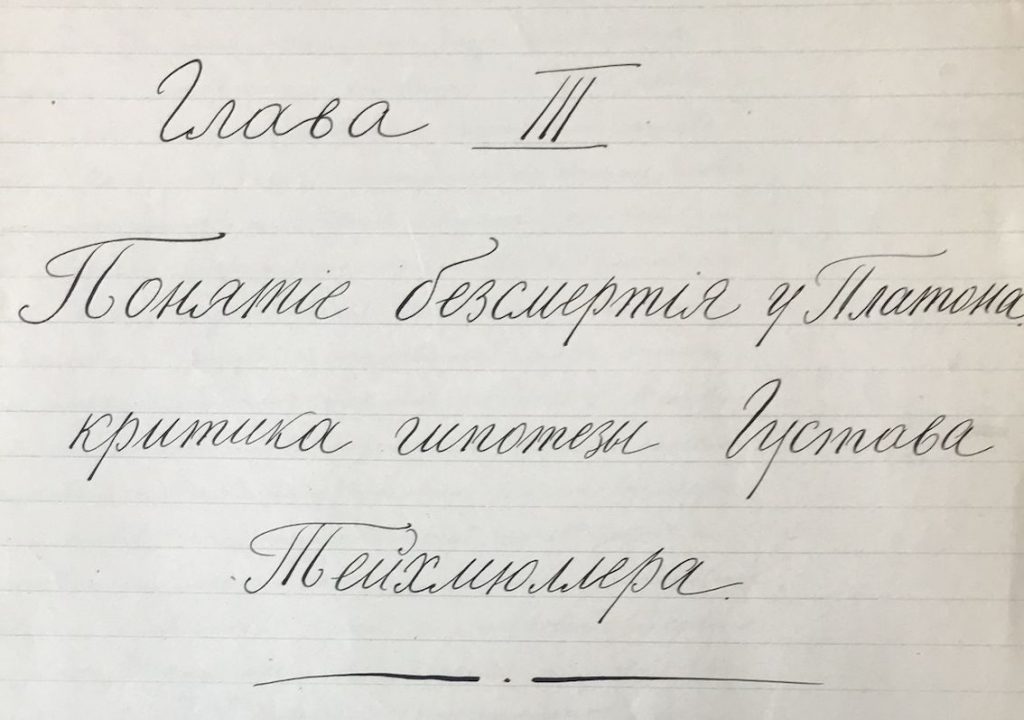
The Lublin period began in 1922 with Jakubanis’ repatriation from the then Soviet Ukraine to Lublin in the independent Republic of Poland. Thanks to the support of Tadeusz Zieliński (1859-1944), his former examiner in Kyiv, Jakubanis was hired at the University of Lublin. His lectures and seminars there, his life during the war, his works and impact are further discussed in the paper.
To sum up: Jakubanis spent 26 years of his life in Kyiv and 27 in Lublin where he died in 1949. These two periods were almost equal in terms of time, yet they were quite different. In Kyiv he composed most of his works and was formed as a researcher and teacher in classics in general and in the history of ancient philosophy in particular, while in Lublin he was rather occupied with university life and lecturing, and it did not allow him to focus on researching and publishing. For his entire life, however, he remained faithful to his interests in ancient philosophy and, according to his students, spared no energy to disseminate his knowledge and expierience in this field.
AΦR at the 3rd Congress on Polish Philosophy
The 3rd Congress on Polish Philosophy took place in October (18th-20th) in the Rydzyna Palace. It gathered scholars interested in researching the tradition of Polish philosophy and developing it. Two members of the Ancient Φilosophy Reception research group took part in this philosophical event: Adrian Habura – online, and Tomasz Mróz – onsite. The first of them spoke about the concept of love in the works of Władysław Tatarkiewicz (1886-1980), while the latter – on the history of studies on the reception of ancient philosophy in Poland.
Mróz’s paper was directly concerned with problems related to the reception of ancient philosophy and started with quotes of diverse opinions of two eminent Polish researchers in the history of Greek philosophy, that is, Stefan Pawlicki (1839-1916) and Wincenty Lutosławski (1863-1954). Lutosławski, when composing his works on Plato, searched for Polish authors and their studies to provide references to them, while Pawlicki paid no interest to the works of his compatriots on Greek philosophy.
In more recent decades it was Izydora Dąmbska (1904-1983), a philosopher and historian of philosophy, who published a study on the reception of Plato in Poland (1972), but nowadays many books and papers on this topic were published by the members of the AΦR research group. Concluding his talk Mróz briefly presented research projects of the members of the AΦR and the books they had published, to start with the latest one:
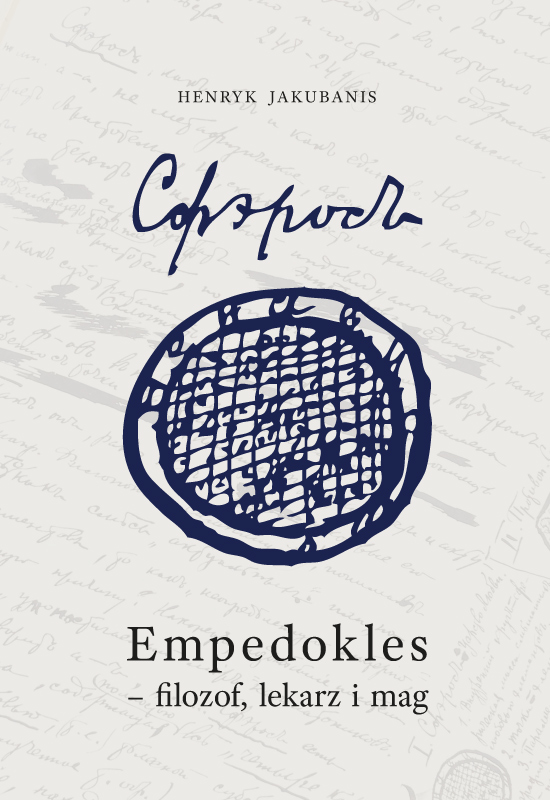
Henryk Jakubanis, Empedokles – filozof, lekarz i mag: Przyczynek do jego zrozumienia i oceny (Empedocles: a Philosopher, a Doctor and a Magus. Materials for Understanding and Assessing Him), transl. from Russian and ed. Mariam Sargsyan, A. Habura, Wydawnictwo Marek Derewiecki, Kęty 2024, 104 pp. (Studies and Texts in the History of Reception of Ancient Philosophy, vol. 3).
T. Mróz, Stanisław Lisiecki (1872-1960) i jego Platon (Stanisław Lisiecki (1872-1960) and His Plato), Wydawnictwo Marek Derewiecki, Kęty 2022, 150 pp. (Studies and Texts in the History of Reception of Ancient Philosophy, vol. 2).
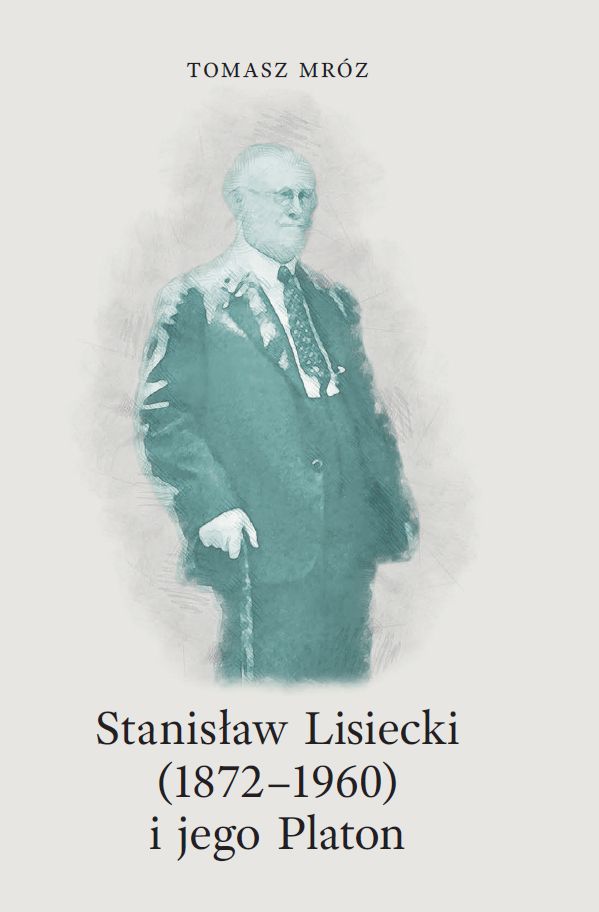
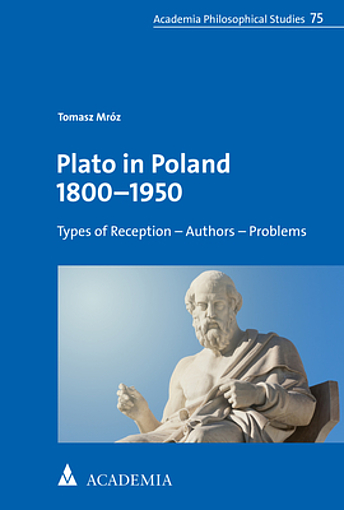
T. Mróz, Plato in Poland 1800-1950: Types of Reception – Authors – Problems, Academia Verlag / Nomos Verlagsgesellschaft, Baden Baden 2021, 480 pp. (Academia Philosophical Studies, vol. 75).
S. Lisiecki, O Platonie, Arystotelesie i o sobie samym (On Plato, Aristotle and on Himself), ed. T. Mróz, Wydawnictwo Marek Derewiecki, Kęty 2021, 367 pp. (Studies and Texts in the History of Reception of Ancient Philosophy, vol. 1).
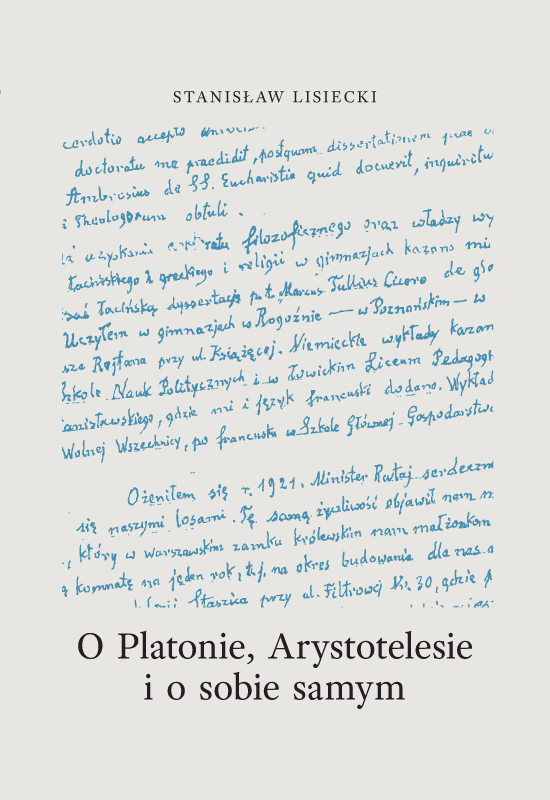
and some earlier ones…
Henryk Jakubanis and His Empedocles
Empedocles: a Philosopher, a Doctor and a Magus. Materials for Understanding and Assessing Him.
It was the title of the most important work by H. Jakubanis (1879-1949)
originally published in Kyiv in 1906.
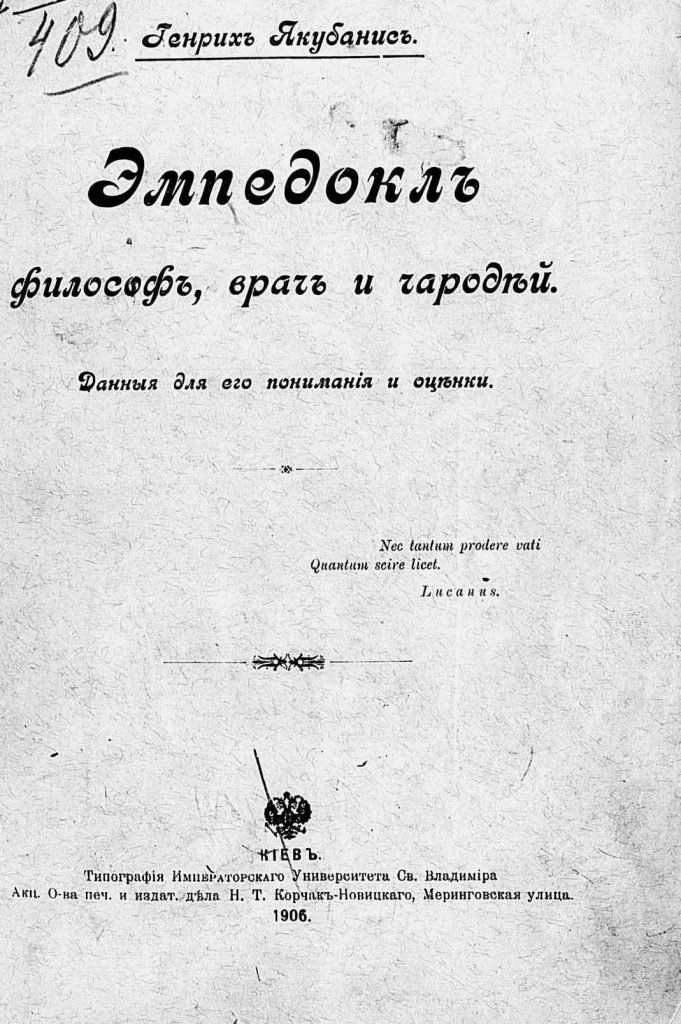
At the time of publishing this book the author was a young, 27 years old, lecturer and researcher at the St. Vladimir Imperial University of Kyiv. His area of competence and interest was established, it was ancient literature and philosophy with an emphasis on Greek philosophers. This volume consisted of two main parts: 1) Introductory presentation of Empedocles’ life, Sicilian society, culture etc., and finally – the sources of his philosophical thought. 2) Translations of the remaining fragments of Empedocles in verse and prose, with philological commentaries. It is the Jakubanis’ translation of the philosopher’s texts that won him recognition in the Russian-speaking world. Suffice to say that they are still in circulation today.
Jakubanis’s Empedocles had to wait for over a century to become finally available to Polish reading audiences. Until now this work had only been listed in bibliographies with no hint regarding its content. Two young Ph.D. students and researchers of AΦR group, Mariam Sargsyan and Adrian Habura, took their time to translate it from pre-reform Russian into well readable contemporary Polish. With their introduction the book was published as volume 3 of the book series published by Marek Derewiecki. Naturally, only Jakubanis’ own text was translated into Polish, for there was no need to re-translate his Russian renderings of Greek philosophical poetry. All the more so that Polish readers have a complete translation of Empedocles’ fragments by Katarzyna Kołakowska, a researcher from Jakubanis’ beloved Catholic University of Lublin.

It should only be added that the book is accompanied by an afterword by Kołakowska and it is available on the publisher’s website here.

This book is one of the results of the research project funded by National Science Centre on Henryk Jakubanis (1879-1949) as a classics scholar and historian of ancient philosophy.
AΦR at the Twelfth Polish Congress of Philosophy in Łódź
In September (11th-16th) 2023 the 12th Polish Congress of Philosophy took place in Łódź. Three members of AΦR took part in this great event, and they delivered four papers there. Tomasz Mróz spoke about three traditions of doing philosophy and three interpretations of Plato at the ancient philosophy section, and the other three papers were presented in the section of Polish philosophy: on the influence of Aristotle on the works of W. Tatarkiewicz (Adrian Habura); on H. Jakubanis’ arguments for the reneval of philosophy in accordance to its ancient roots (Mariam Sargsyan); and on B. Kieszkowski, a researcher of Renaissance Platonism, on his life, works and their reception (again T. Mróz).
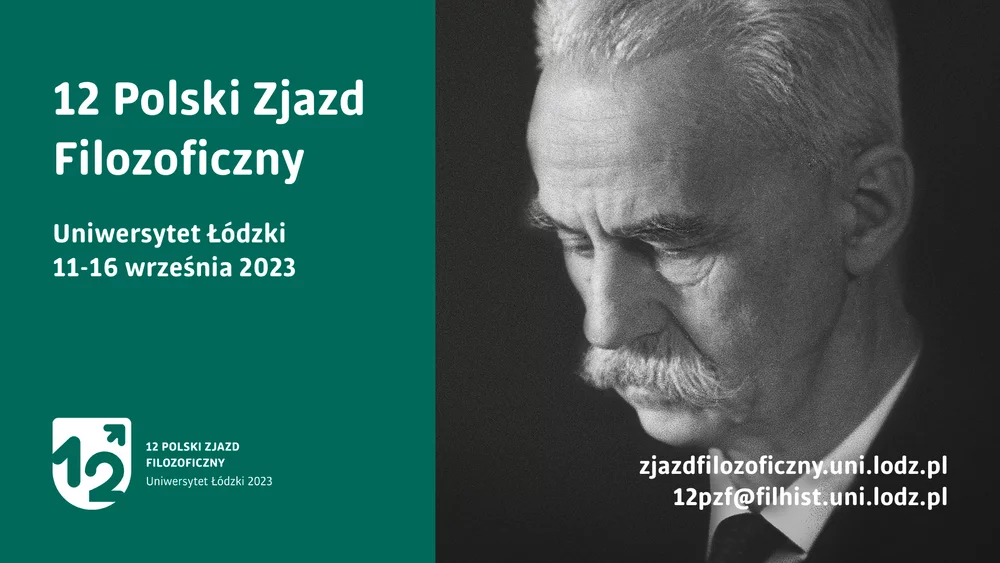
T. Mróz’s paper, Three Traditions of Doing Philosophy and Three Interpretations of Plato, was devoted to presenting three Plato scholars of the turn of the 20th century, Paul Natorp (1854–1924), a German, Paul Shorey (1857–1934), an American, and Wincenty Lutosławski (1863–1954), a Pole, and their interpretations of Plato. Mróz attempted to relate these three personalities of one generation and their Platonic studies with their native, dominant philosophical traditions: neo-Kantianism, Emersonian tradition and Polish Romantic Messianism. Their methodologies, views on the chronology of the dialogues and the status of ideas were discussed, as a starting point for future comparative research of their Platonic studies and reciprocal references.
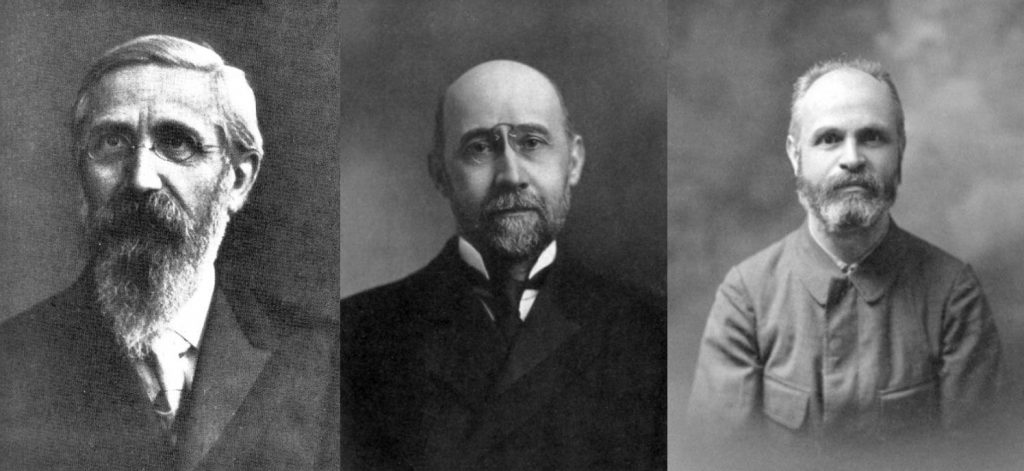
M. Sargsyan’s presentation was titled: Arguments of Henryk Jakubanis (1879-1949) for Renewal of Philosophy and Culture on the Ancient Model. It started with an introductory part about the biography of Jakubanis to familiarise the audience with his personality. Then the main part followed and it consisted in discussing Jakubanis’ work The Significance of Ancient Philosophy for the Modern View of the World (1910). Historical and philosophical research methods of Jakubanis were analysed and compared with those of his academic supervisor in Kyiv, Alexei Gilarov. Another comparative perspective was provided by the works of Tadeusz Zielinski, who was an internationally recognised scholar, and a kind, older colleague for Jakubanis.
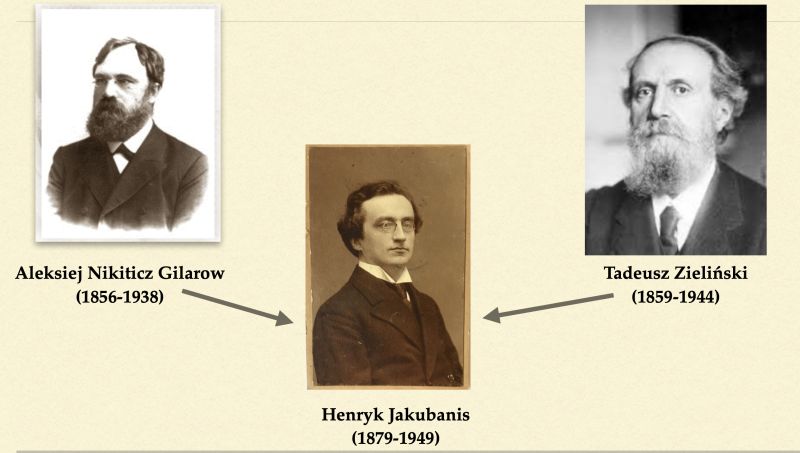
A. Habura’s paper was titled Aristotle in the Works of Władysław Tatarkiewicz and divided into two parts. In the first one, following Tatarkiewicz’s own statement, Habura distinguished two “images” of Aristotle’s philosophy which Tatarkiewicz had developed during his research career. Habura took into account various works of Tatarkiewicz and demonstrated that these two images were not contradictory, but rather complementary to each other. In the second part of his presentation Habura distinguished five aspects of Aristotle’s inspiration in Tatarkiewicz’s works, in accordance with Tatarkiewicz’s own reflection on this topic, and proved a significant, substantial and lasting impact of Aristotle on Tatarkiewicz’s original philosophical investigations.
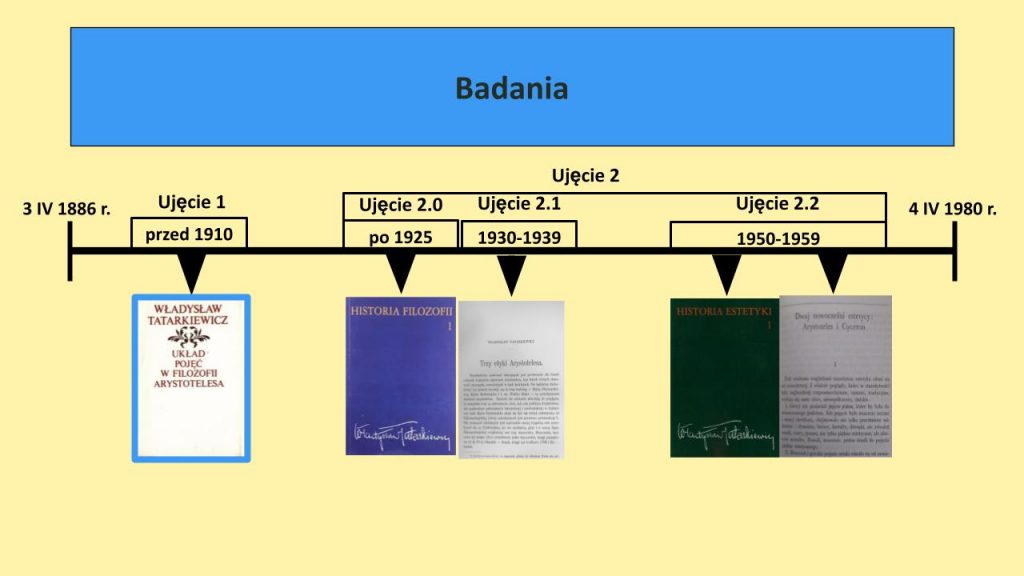
Second paper by Mróz was a presentation of a further development of his research on Bohdan Kieszkowski, a Polish scholar who was a specialist on Renaissance Platonism and Pico della Mirandola. Earlier this year Mróz discussed Kieszkowski’s biography, but this time the focus was on Kieszkowski’s works and their reception, that is, his polemic with another Polish expert in Renaissance philosophy, M. Heitzman (1899-1964), on the sources of Renaissance Italian Platonism, and a critical reception of Kieszkowski’s edition of Pico’s Conclusiones (1973) by a Portuguese researcher, José Vitorino de Pina Martins (1920-2010). Heitzman searched for the roots of philosophy in Florentine Academy in medieval thought, while Kieszkowski tended to emphasise the role of ancient sources. As for Pina Martins, he praised Kieszkowski’s erudition, yet pointed to a large number of errors in Conclusiones, resulting from various reasons, including Kieszkowski’s lack of precision in reading Latin texts.
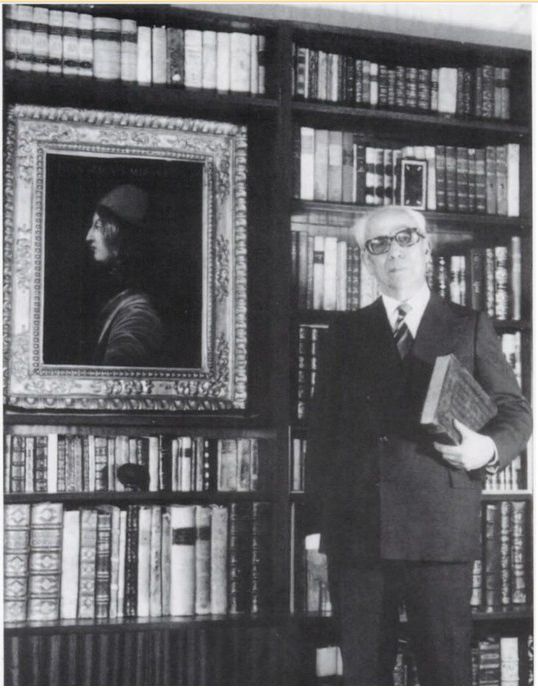
Conclusion of a Research Stay in Aleksander-Brückner-Zentrum in Halle
As we have already announced, a member of AΦR, Mariam Sargsyan, received a scholarship from NAWA for a three months (April-July 2023) research stay in Martin-Luther-Universität (MLU) in Halle (Saale), in Aleksander-Brückner-Zentrum (ABZ) for Polish Studies. During her visit she delivered there a talk on the topic of her dissertation.
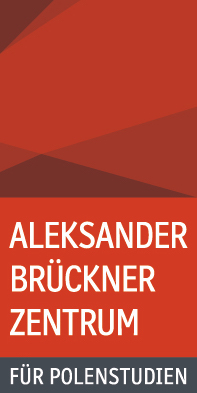
This academic internship turned out to be very fruitful for the internee. The aim of her stay in Halle was to broaden her knowledge of historical and cultural background of H. Jakubanis’, whose research in ancient philosophy is the central problem of her dissertation. In addition to delivering her paper, M. Sargsyan conducted library query in the collections of the MLU in Halle and took part in the activities of the ABZ. Her stay in Halle turned out to be successful, for she managed to enrich biographical part of her dissertation with information about the history of higher education in Central and Eastern Europe.
A unique experience for M. Sargsyan was her co-operation with international researchers, since scholars from Germany, Poland and Ukraine were involved in academic work at the ABZ. M. Sargsyan appreciated their continuous will to help, provide advice or simply enjoy a friendly conversation during lunch. For all this M. Sargsyan is very grateful. She enjoyed to observe the scholars who were carefully and attentively involved in their interdisciplinary research and who thus contributed to the development of the ABZ, which as a whole is succesfully led by prof. Yvonne Kleinmann. M. Sargsyan is very thankful for the academic atmosphere she had the opportunity to experience.
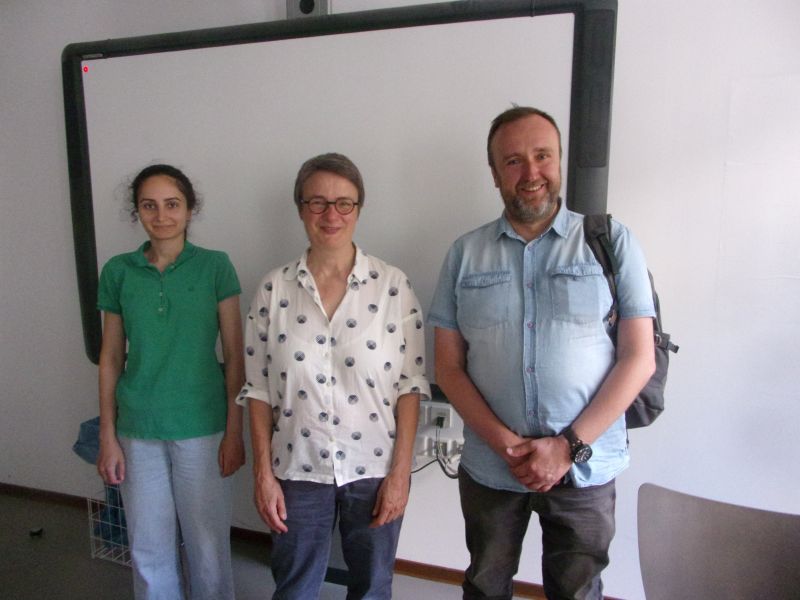
During the two final weeks of M. Sargsyan’s research stay in Halle she was accompanied by T. Mróz, supervisor of her disseration. Apart from academic activities, thanks to the initiative of prof. Sven Jaros, they were able to visit Marienbibliothek in Halle.
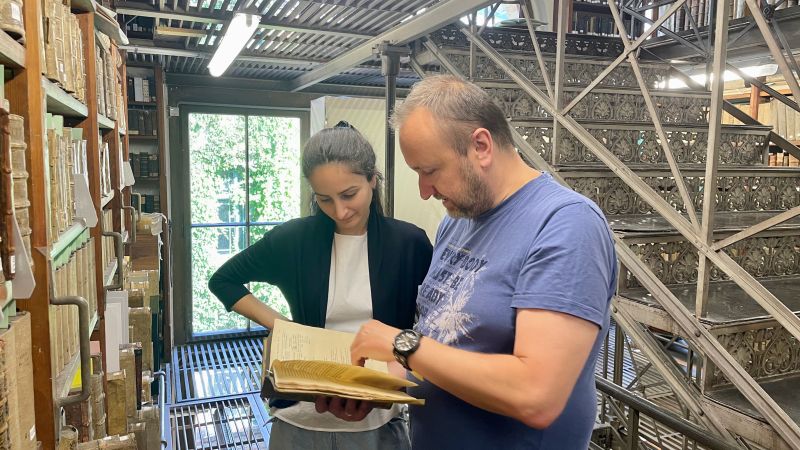
We hope that M. Sargsyan’s visit in Halle is not the final act of the co-operation between ABZ and AΦR. Let us only remark that in September 2023 ABZ is celebrating its tenth anniversary and has great plans for future academic development. Best wishes!
A Presentation on H. Jakubanis in Halle
On April 26, 2023, Mariam Sargsyan gave a talk at the Colloquium of Aleksander-Brückner-Zentrum für Polenstudien & Professur für Osteuropäische Geschichte in the Martin Luther University Halle-Wittenberg. The title of her presentation was: From Student at the Russian Imperial University in Kyiv to Respected Professor at the Catholic University in Lublin: The Career of Henryk Jakubanis, 1879–1949.
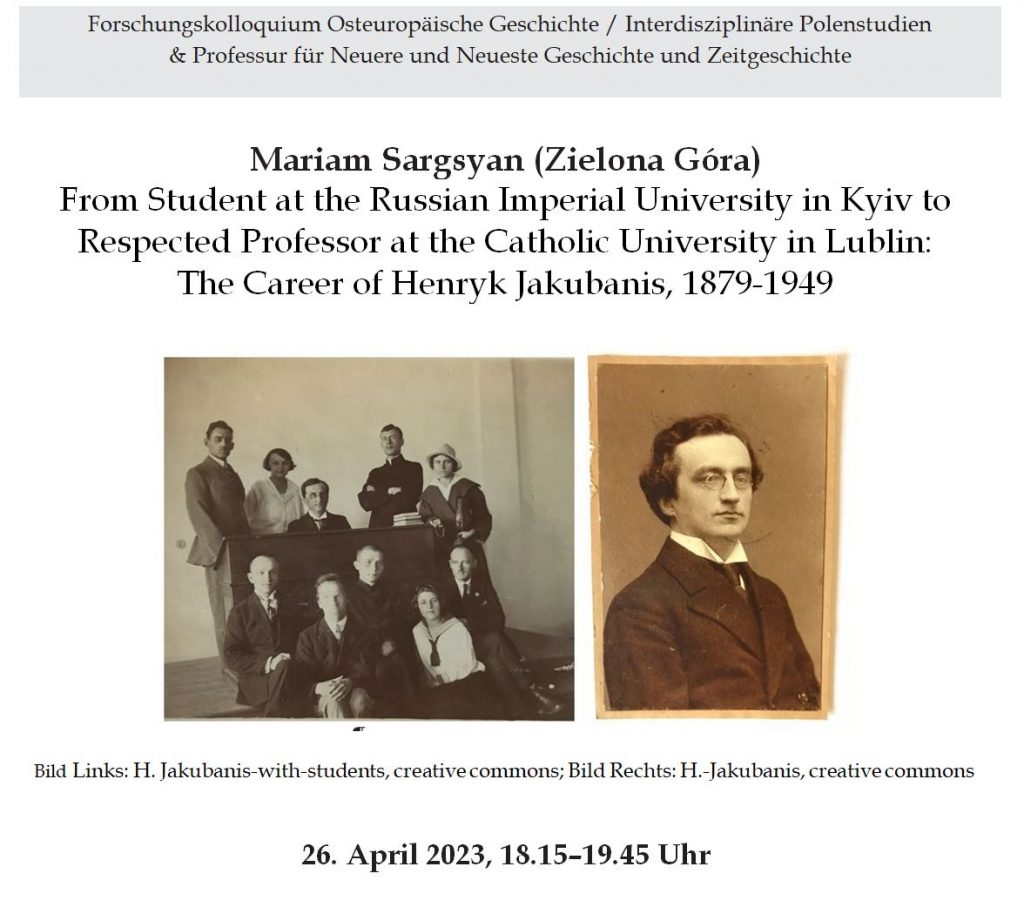
It was an important experience for M. Sargsyan to present a substantial part of her doctoral research, that is, the biography and major works of H. Jakubanis, to an audience consisting mostly of historians and not philosophers or historians of philosophy, and to receive their feedback and questions. The presentation, in addition to the highlights of Jakubanis’ life and career, included historical facts about Kyiv University, the 1st and 2nd World Wars, and peculiarities of academic life in pre-war Kyiv and post-war Lublin. The philosophical works of H. Jakubanis were also briefly discussed.
Results presented by M. Sargsyan, for example, approaching Jakubanis’ biography from the basically historical point of view, was in larger part an outcome of her NAWA scholarship at MLU Halle and her co-operation with the colleagues from Alexander-Brückner-Zentrum. It was an opportunity for her to take an attempt to compare life paths of Jakubanis with other imperial biographies, although at the moment it is impossible to research Kyiv archives.

The audience at M. Sargsyan’s paper asked questiones on a variety of topics: the academic identity of H. Jakubanis, was he a classics scholar, a philosopher, a historian of philosophy, or an academic teacher. The question of the connection and relationship between H. Jakubanis and his supervisor, Alexei Gilarov (1856-1938), turned out to be interesting as well, for Gilarov had a significant influence on Jakubanis and his methods in historiography of philosophy, on his lecturing at the university, but at a certain moment, their paths diverged. Jakubanis’ relations with Tadeusz Zieliński (1859-1944), who had not spared benevolent gestures to his younger colleague, turned out to be particularly interesting for the audience. Methodological questions appeared as well and they concerned a possible reconstruction of Jakubanis’ academic contacts in a form of a network. What proved to be attractive for the audience was the graphic depiction of Jakubanis’ journeys.
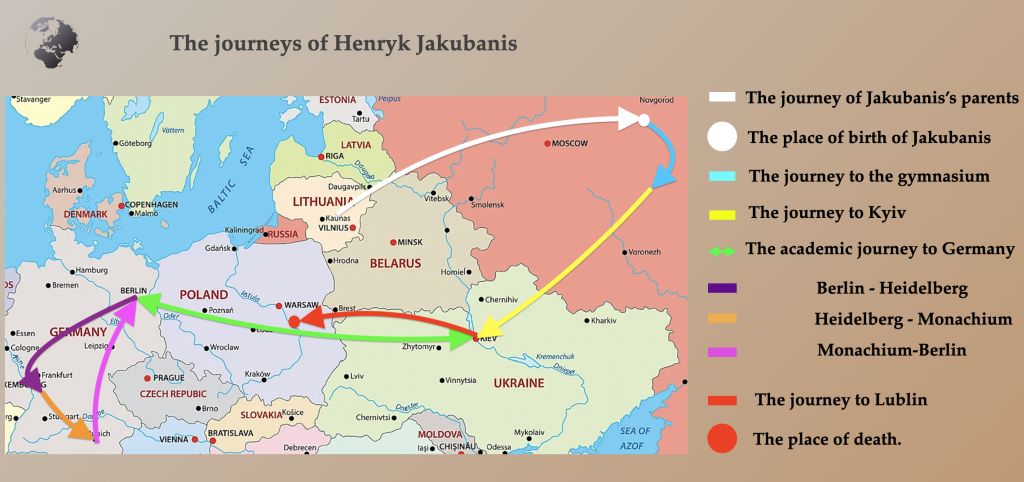
To sum up, M. Sargsyan’s presentation was informative for the public and beneficial for further development of her own research.
Recent commentaries